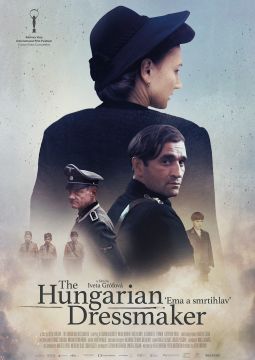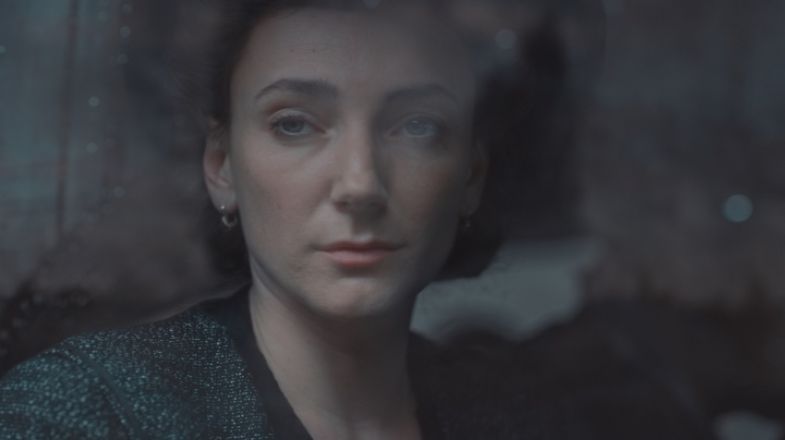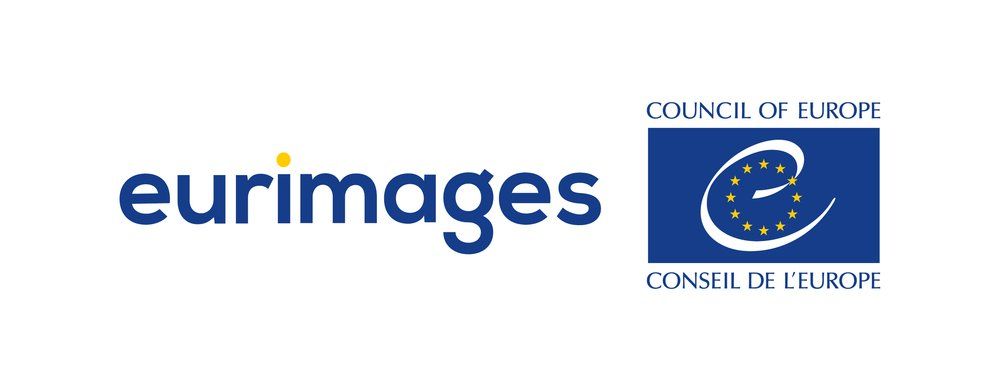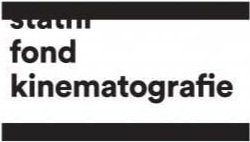Marika lives precariously on the outskirts of Bratislava as the Hungarian widow of a Slovak soldier killed on the eastern front. She works for a dressmaker's salon in town that is closing, as in 1942 the wartime Slovak State deported two-thirds of its Jewish population to German-occupied Poland. At home, she marks "dresses made" with chalk on her front gate and tends to a goat, some chickens and a pig. The field behind the barn has been yielding a small crop of cucumbers.
Marika discovers young Simon, the Jewish tailor's son, hiding in her barn. She resolves to shelter him, even as she is not convinced putting herself in danger is the right thing to do. Simon cannot understand why his father has not written. He wants out. A Slovak officer in the Hlinka Guard, who were Nazi collaborators, takes a shine to Marika and offers to pay rent and cultivate her field. Her first instinct is to rebuff his romantic advances and keep him away from the barn, lest he turn the boy in. Meanwhile, the senior regional Nazi officer hires Marika to alter some confiscated dresses for his wife and one evening stops in to check on her progress and stay for a cup of coffee.
With the support of:
Slovak Audiovisual Fund
Eurimages
MOL New Europe Foundation
Hungarian Film Incentive
Slovak Cultural Minority Fund
The Czech Film Fund
Ministry of Culture of the Slovak Republic
Self-Governing Trnava Region







